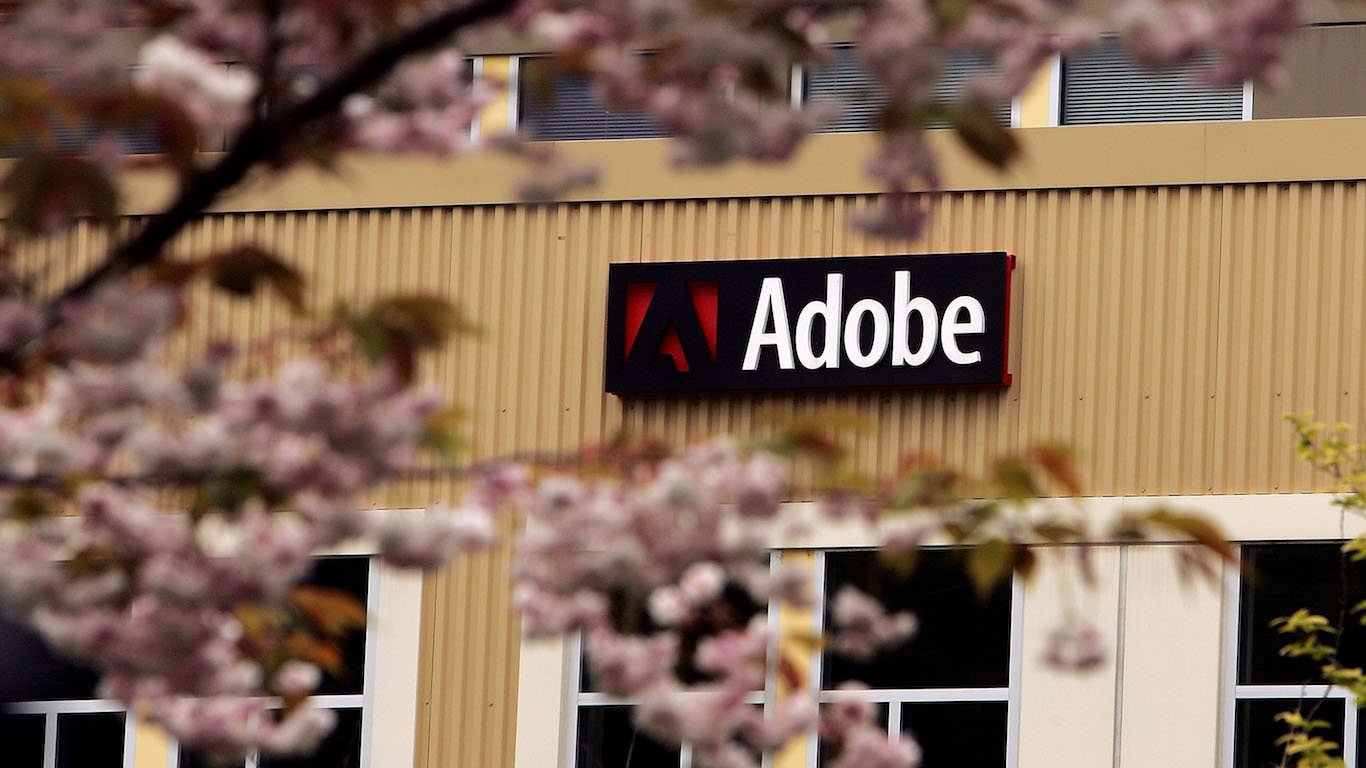Problems Persist With Walgreens Potential Go-Private Transaction
November 11, 2019 by Jon C. OggWhen reports of a go-private transaction are announced by media outlets, it usually sends shares of the underlying company higher. That has definitely been the case when it comes to Walgreens Boots Alliance Inc. (NYSE: WBA). How this company would actually go private remains up for debate, as well as the actual chance of any go-private deal coming to fruition. Now that there have been reports of a formal interest by KKR & Co. Inc. (NYSE: KKR), shares of Walgreens were again responding positively.
While news of KKR pursuing a leveraged buyout of the Pharmacy giant is more concrete than reports last week, no formal announcement has been made with an offer and no formal decisions have been made. There is also the caveat that both firms could reject the potential deal. One obvious issue to grapple with is that this would be the largest go-private transaction ever seen.
Now that Walgreens shares have rallied more than 20% from their recent lows, its market cap is still $56 billion. Many shareholders who have purchased shares of Walgreens are also still buried in the stock, and cash buyouts that force investors into a loss whether they want out or not have proven to not be so popular over time.
CEO Stefano Pessina and an investment group already have a large stake of Walgreens shares (about 16%), and there is a serious question about how much debt should be added on into a buyout here. Walgreens currently has more than $16 billion in debt, and whenever this company would come back to the market any private equity buyer knows there are risks of giving a company back to the public markets if it has too much debt.
Merrill Lynch’s Michael Cherny and Allen Lutz issued a report noting that are still many hurdles to a potential deal. While that would be bad for Walgreens’ shareholders hoping for a buyout (or bailout), it would also pose issues for AmerisourceBergen Corp. (NYSE: ABC).
On the chance and issued around Walgreens, the Merrill Lynch team noted “many” hurdles to completing this hypothetical deal. Walgreens Boots continues to have a number of operational issues. These come with questions about potential exit values and returns assumed for the deal. Other issues come from general reimbursement pressure, deflation in the pharma segment from generic competition and even slower sales from the retail portion of the drug-store chain due to e-commerce. The team even said that a number of operating expense reductions are also already factored into the firm’s own financial estimates.
The Merrill Lynch report said:
At this point, we still have very limited idea whether or not a deal is likely to happen, and given the structural hurdles of a potential transaction we are not changing our fundamental views of Walgreens Boots Alliance.
As for a standalone value, Merrill Lynch maintained its Underperform rating and $50 price objective. The firm did caution that headlines could create ongoing volatility, implying that deal talk reports could move the shares up or down depending on the implications.
AmerisourceBergen comes into play on this because there have been press reports in the past that AmerisourceBergen could potentially be acquired by the pharmacy giant. After all, Walgreens already owns about 27% of AmerisourceBergen. The Merrill Lynch team also pointed out that there are problems with considering that for M&A. Merrill Lynch has only an $83 price objective and it remains handily under the average target price from other analysts. Its report said:
With or without a potential WBA deal, we think the premium in AmerisourceBergen shares for a hypothetical sale to WBA is unwarranted. The other corollary is CVS, which is WBA’s biggest competitor and is heavily investing in its new service model. If WBA were going to go even further into cost rationalization efforts, it could provide share gain opportunities for CVS going forward.
Shares of AmerisourceBergen traded down 3% at $83.46 on Monday afternoon, in a 52-week range of $69.36 to $94.75. Its Refinitiv consensus analyst target price is actually up at $93.69.
Walgreens shares were last seen up almost 6% at $62.75. They have a 52-week range of $49.03 to $86.31 and a consensus target price of $62.78.
 24/7 Wall St.
24/7 Wall St.